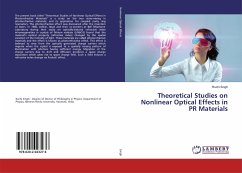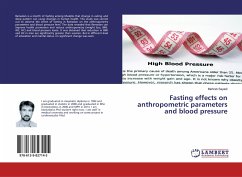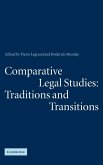The present book titled "Theoretical Studies of Nonlinear Optical Effects in Photorefractive Materials" is a study on the two wave-mixing in photorefractive materials, and its application for coupled cavity ring resonators. The photorefractive effect was discovered after the invention of lasers. In 1966, Ashkin, Boyd and their co-workers at Bell Telephone Laboratory during their study on optically-induced refractive index inhomogeneities in crystals of lithium niobate (LiNbO3) found that the material's optical property (refractive index) changed by the spatial variation of the intensity of light. These materials are called photorefractive materials and the effect is known as photorefractive effect. This effect is believed to arise from the optically generated charge carriers which migrate when the crystal is exposed to a spatially varying pattern of illumination with photons having sufficient energy. Migration of the charge carriers due to drift and diffusion produces a space charge separation which gives rise to space charge field. Such a field induces a refractive index change via Pockels' effect.
Bitte wählen Sie Ihr Anliegen aus.
Rechnungen
Retourenschein anfordern
Bestellstatus
Storno








